Hybrid NF-RO Sodium Chloride Removal Process Pilot Study
Abstract:
Concentrate disposal is a major cost for desalting operations, particularly for inland sites. For many water recycling applications, only partial desalting is needed, with sodium chloride the most common target for removal. A process to preferentially remove sodium chloride could result in significant savings for concentrate treatment and disposal. A pilot study was conducted to demonstrate the viability of one such approach. This pilot study examined the salt passage characteristics of several nanofiltration (NF) membranes to segregate sodium chloride from other dissolved ions. The pilot study testing unit used a two-pass system, combining an NF pass with a second reverse osmosis (RO) pass. In this approach, unlike typical two-pass systems, the concentrate from the first NF pass is blended with the permeate from the second RO pass. Since the NF effectively retains total organic carbon (TOC), chemicals of emerging concern (CECs), and any pathogens, these contaminants are blended into the product water. Thus, further treatment may be necessary for potable reuse applications. The pilot study consisted of a scalable two-pass NF-RO membrane system operated in parallel with full scale RO units. Water quality, power consumption, and chemical consumption were tracked for 6 months at varying system conditions. Findings indicate that sodium chloride can be preferentially removed from the reclaimed water, chemical and power consumption can be reduced when operated at system recoveries comparable to typical RO systems, and much higher recoveries are achievable with modest increases in power and chemical usage.
Only logged in customers who have purchased this product may leave a review.


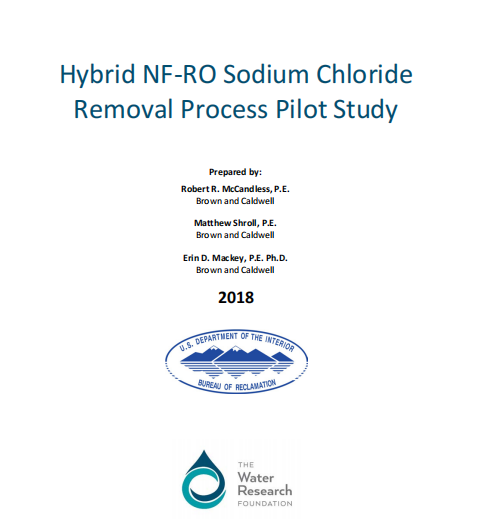


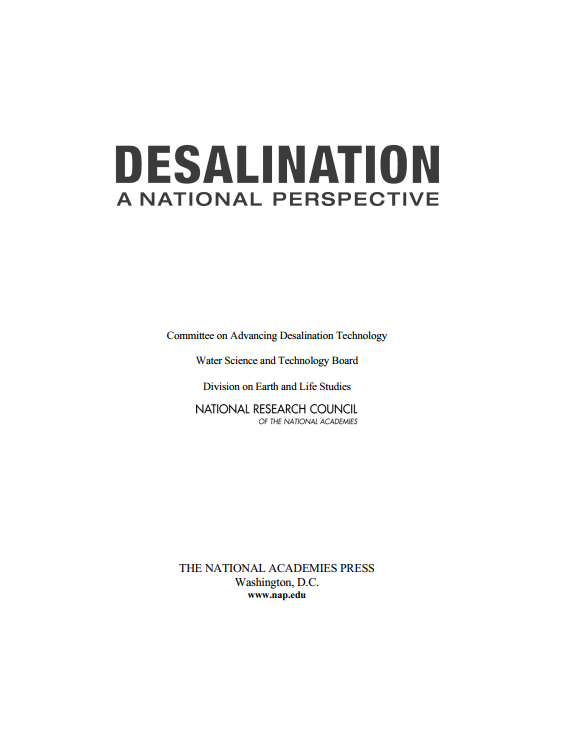
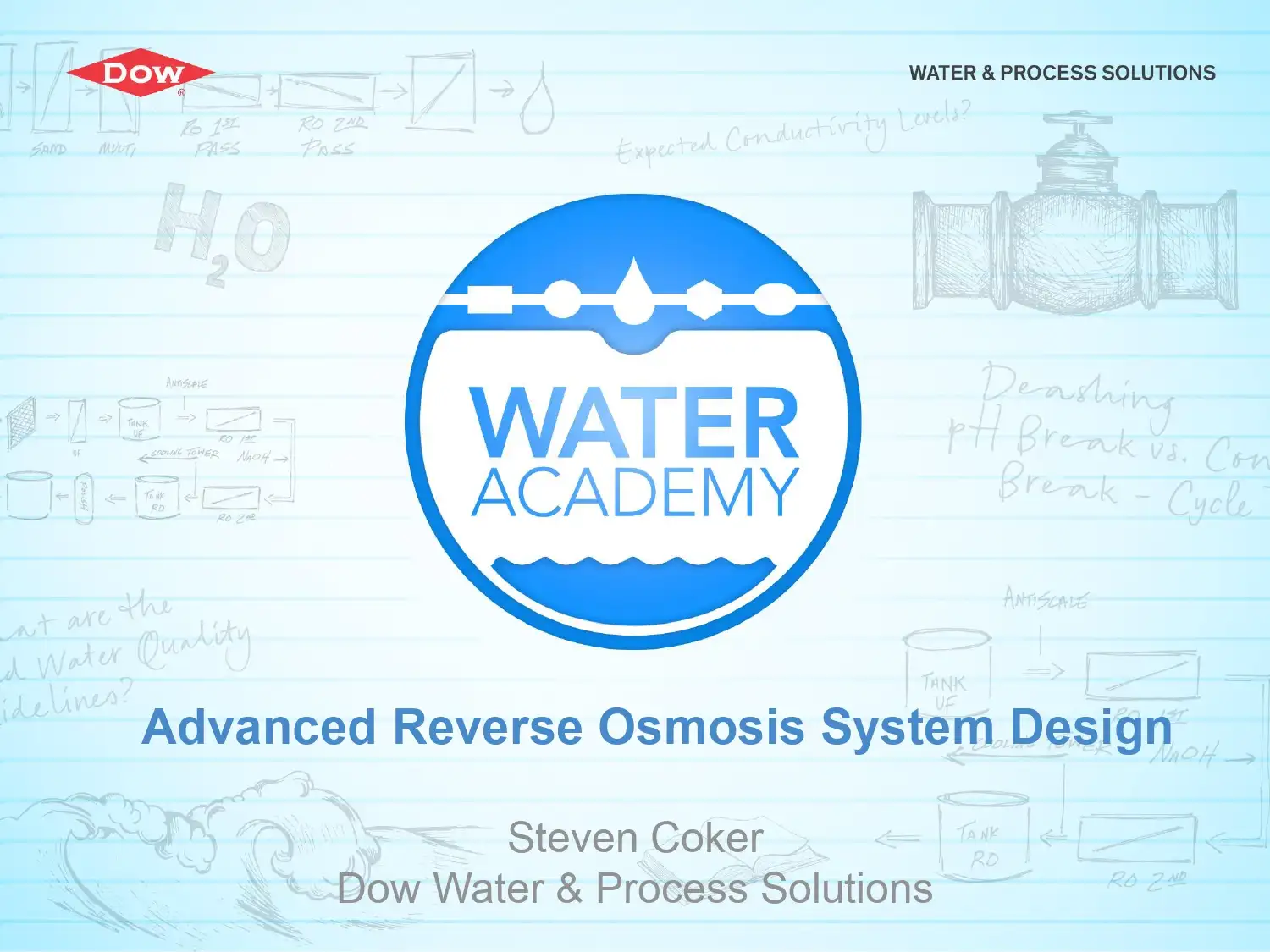
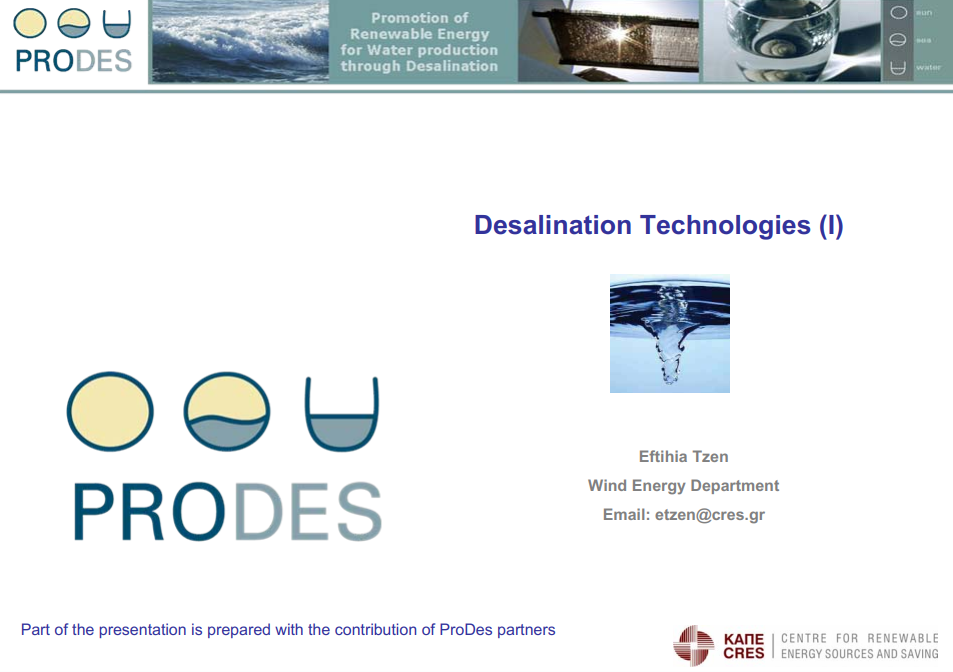




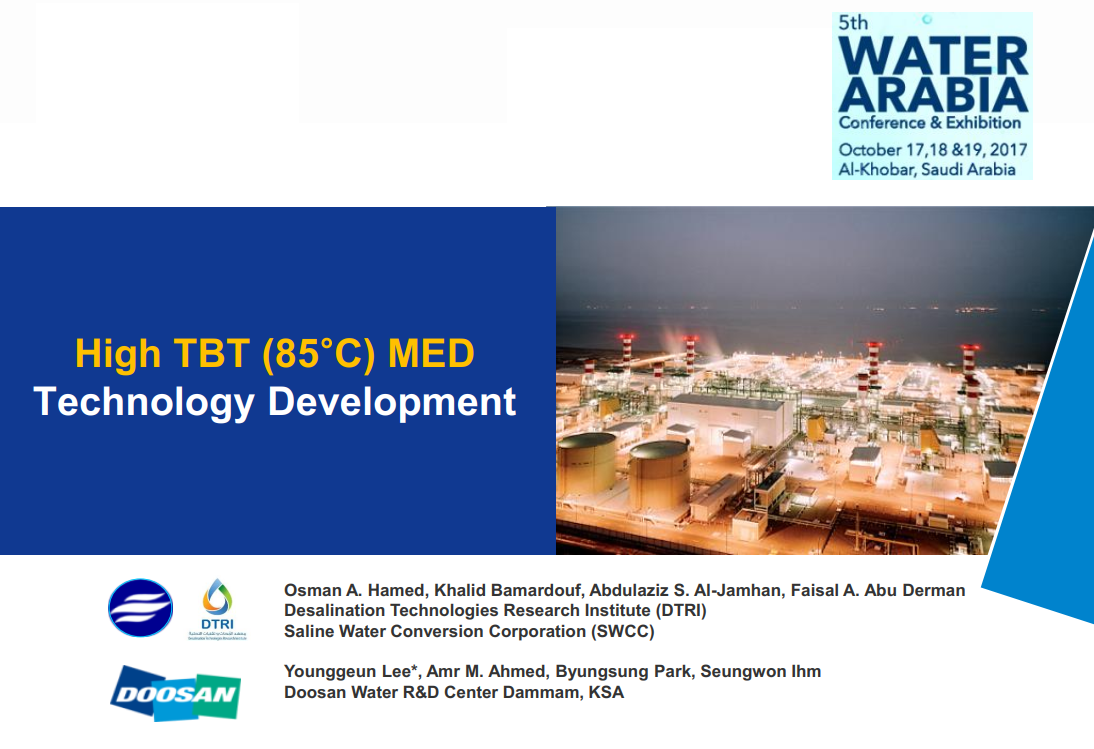

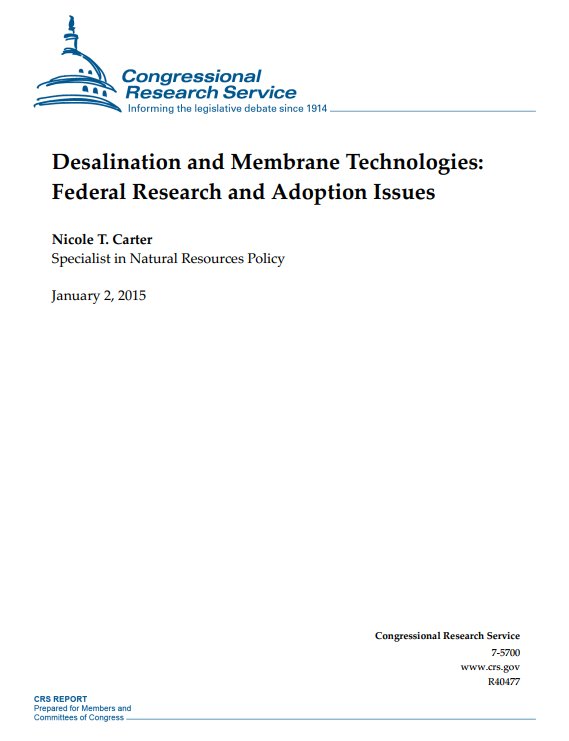
Reviews
There are no reviews yet.